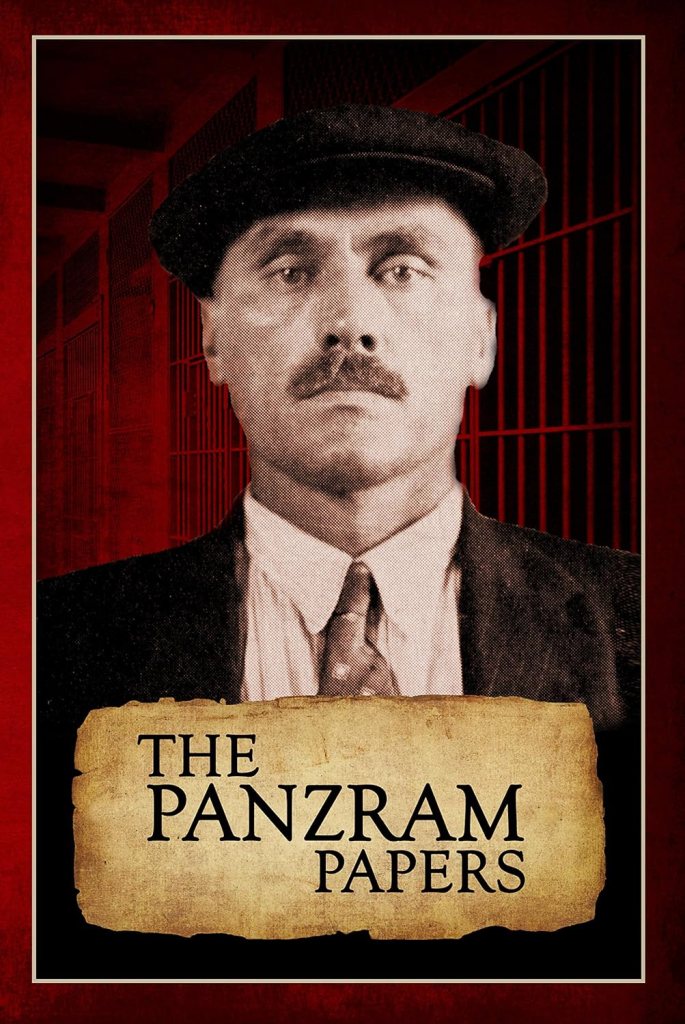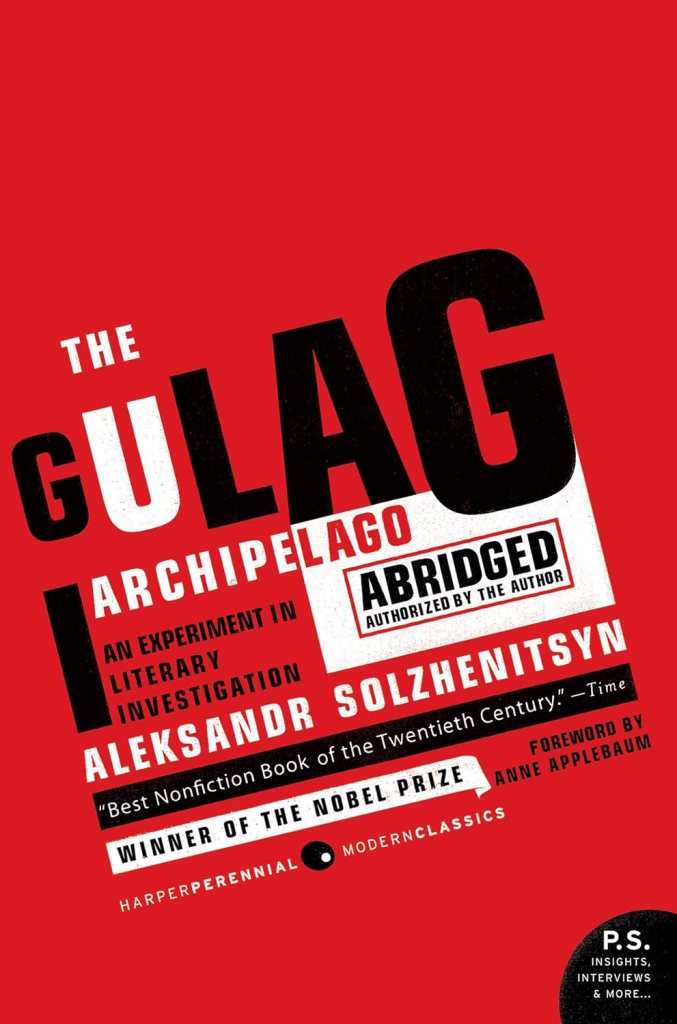Understanding Human Resilience: Frankl and Panzram’s Divergent Paths
- Desertsage Seals
- Jul 8, 2024
- 3 min read

I’d like to present two books from two very different protagonists with one major thing in common: they were both exposed to a degree of violence and brutality that most of us will never know. The reason I would like to present these two authors is because they each responded to unimaginably traumatic situations in very different ways. You might even say polar opposite ways, but it would not be accurate to describe such a complex anomaly in such black and white terms. There are affiliate links on this page. If you click on them, they will take you to Amazon. If you make a purchase you will not pay extra, but Gold’s Concrete will make a small commission. Thank you.
Carl Panzram
Carl Panzram (1891-1930) grew up in the mid-west and acquired his education in reform schools where he was repeatedly beaten and betrayed. The beatings are described painfully clear in his autobiography, The Panzram Papers, and in this account he explains how his education was delivered through physical torture, rape and violence. “Might makes right” was his only rational conclusion, and deliberately paid it forward by becoming one of the most violent and ruthless serial killers the world has ever known.
Panzram’s autobiography, written during his incarceration, methodically details his crimes, articulates his logic and shows no remorse for the pain he inflicted. His life and writings stand as a chilling testament to the darkest depths of human brutality and hatred. After 21 murders and countless rapes, burglaries, assaults, arsons and other offenses, he left the world with the verifiable account known as The Panzram Papers. It was smuggled out from isolation and exists today only by the mercy of a compassionate prison guard.
“My only regret is that I couldn’t kill all of humanity,” Carl Panzram wrote before he was sentenced to death by hanging. As if the devil incarnate, he used many names and travelled many places as he violently swallowed up and sodomized men, women and children without discrimination. The Panzram Papers are preserved as they were originally written by Carl Panzram himself, oddly articulate and well formatted. This read is not for the feint of heart.
Victor Frankl
Victor Frankl (1905-1997) was an Austrian neurologist, psychiatrist, and Holocaust survivor renowned for his groundbreaking work in existential psychology. He is best known for his book “Man’s Search for Meaning,” in which he reflects on his experiences as a prisoner in Nazi concentration camps, including Auschwitz. Frankl observed firsthand the depths of human suffering and the resilience of the human spirit under extreme conditions.
Frankl and other prisoners were subjected to grueling physical labor for long hours, often in extreme weather conditions and with minimal food and rest. The brutality extended beyond physical exertion to the systematic dehumanization, starvation, and arbitrary violence inflicted by the Nazi guards, which Frankl witnessed and endured along with countless others in the camps. These experiences profoundly shaped Frankl’s understanding of human suffering and resilience, informing his later work on finding meaning in the face of adversity.
He developed the concept of logotherapy, which posits that the primary motivational force of humans is the search for meaning in life, even in the most challenging circumstances. Frankl’s profound insights into human psychology and his emphasis on finding purpose and meaning in adversity have influenced fields ranging from psychology to philosophy, making him a pivotal figure in understanding the importance of meaning in human existence.
Consider This
If we are all inherently the same, what would cause two men to respond so differently to violence?
When someone hurts you, are you more likely to lean in the direction of Victor Frankl, or in the direction of Carl Panzram?
Was the murderous path of Carl Panzram a result of his eduction, or was it innate behavior?
Conclusion
Some things happen to us that we have no control over. These things can range anywhere from a minor inconvenience to a traumatic, life-changing event. How we respond to these events is a matter over which we do have control. It is easy to spiral into a dark tunnel of resentment and revenge just as Carl Panzram did. It is difficult but honorable to search for meaning even in the most challenging circumstances, just as Victor Frankl did. If you find these ironic parallels and distinctions to be as interesting as I do, please consider reading the two featured books in this article.











Comments